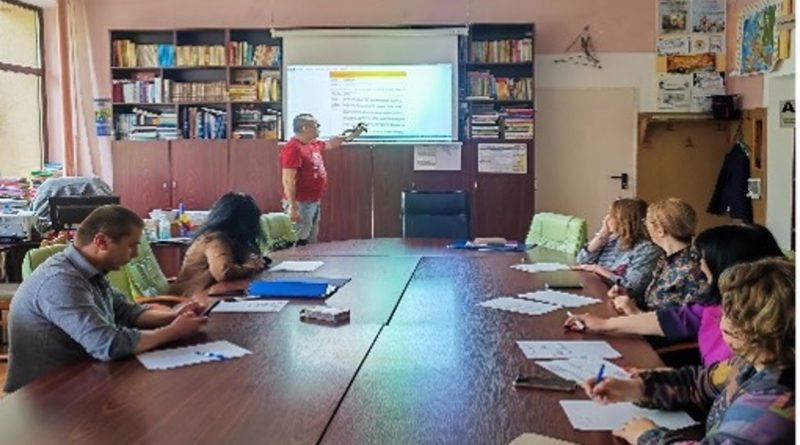Adaptation and implementation
During this phase of the project, participating organizations were tasked with selecting the tools and good practices to be exchanged and implemented in each country, three from outside countries and one from their own organization. This required them to adapt the tools to the unique context and reality of each educational center and prepare the necessary materials to complete them. Additionally, they had to complete training sessions on how to carry out each good practice effectively, along with a report form to be used during the evaluation of each good practice. A few of the good practices and how they were adapted in an educational setting are described below.
In Greece for example, during their adaptation and implementation of the workshop Bingo created by the Romanian project organization, they decided to work primarily with Romani students to address their diverse student population, as well as modify the instructions to overcome language barriers. In general, partner organizations observed that in implementing this activity, facilitators must be sure to include those who are at risk of social exclusion and simplify the instructions when needed to overcome language barriers.
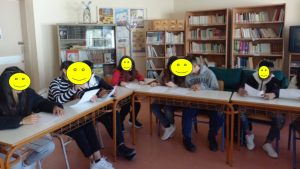
In implementing the Madalas workshop in the Secondary School Gil Eanes in Portugal, the activity was shortened to fit a 100 minute class period and the traditional art technique used in creating mandalas was modified so that students could use 3D materials, such as sticks and wool. The most noteworthy adaptation of this activity was the relaxing and welcoming space created which allowed students to reflect and discuss the key concepts of this project, such as accepting diversity and promoting inclusion and becoming actors for social change. Overall, other partner organizations noticed that adaptations for the successful implementation of this activity included teaching how to receive and give constructive criticism and develop effective communication throughout the activity, adapt the tools and materials to the school’s available resources, change the time of this activity to fit within a class period or whatever constraints the facilitator has, and finally, adapting instructions to avoid language barriers.
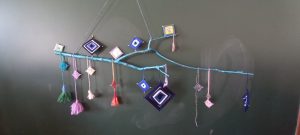
Furthermore, one of the good practices implemented by the project partners in Romania was the Masterchef Lingüistico activity which was adapted due to the lack of cooking equipment available at the school. In general, the organizations that implemented this activity saw that in order to be successful they had to adapt the tools and materials for each school setting, making sure to only choose creations that can be made with the resources available to each educational center, be conscientious about choosing participants, and eliminate language barriers by simplifying directions or providing translations when needed.
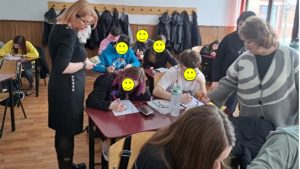
Lastly, we can point out the final report released by Spain about the workshop on Personalized Teaching in Class, created by Greece. This activity was carried out in IES Portada Alta with a total of three participants. The activity was adapted to connect more emotionally with the pupils by providing informal support outside the classroom through supporting activities such as basketball, taking walks, listening to music together or painting. To successfully implement this activity in the future, other partner organizations also emphasized including informal support activities such as playing basketball, walking around the school, listening to music, or painting to strengthen connections with the students as was done in Spain.
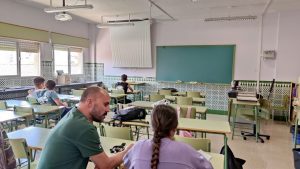
Overall, the report forms showing each country’s evaluations of the good practices revealed that in general, there was an enhancement of the competences acquired by the teaching staff during this phase of the project. Also, students demonstrated greater empathy towards the situations and living conditions of young people from other countries of the world, as well as heightened awareness regarding the importance of accepting diversity and promoting inclusion. By the end of this phase, students also showed increased knowledge of the effects of their actions in creating social transformation and contributing to a more inclusive society.

